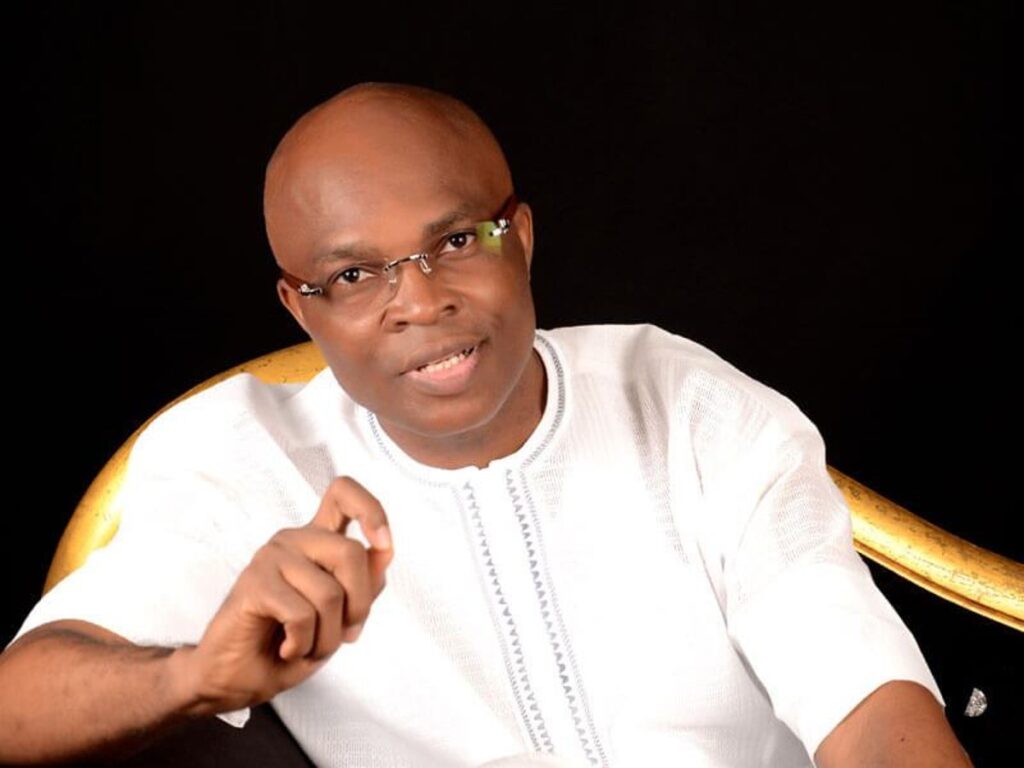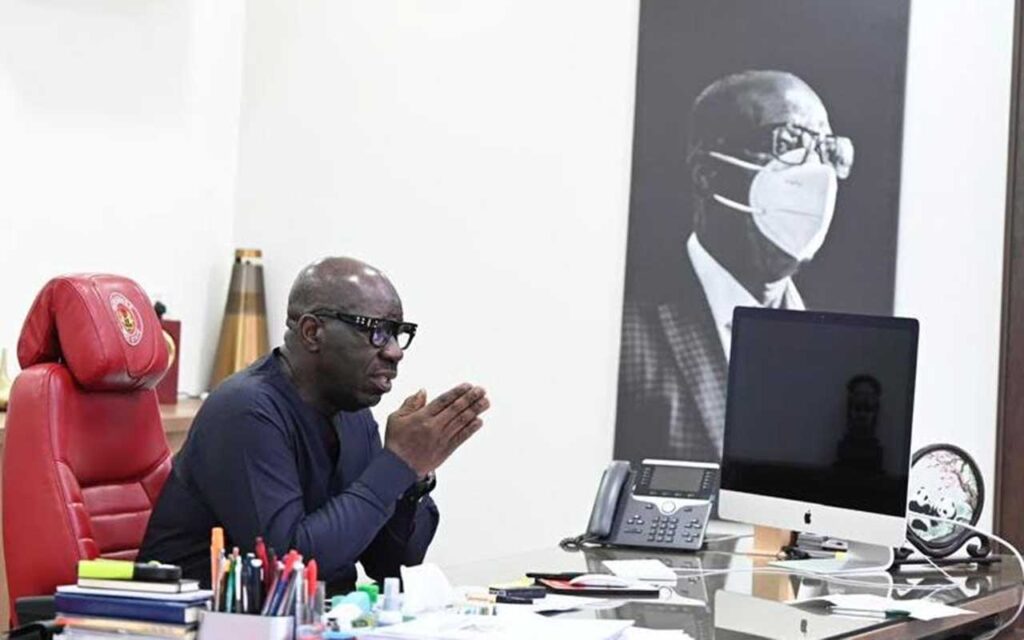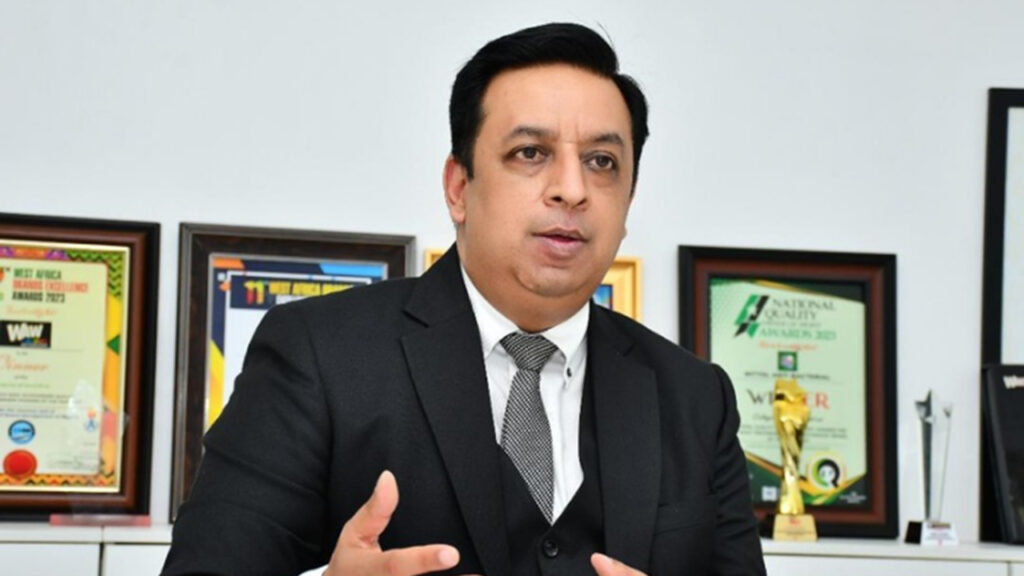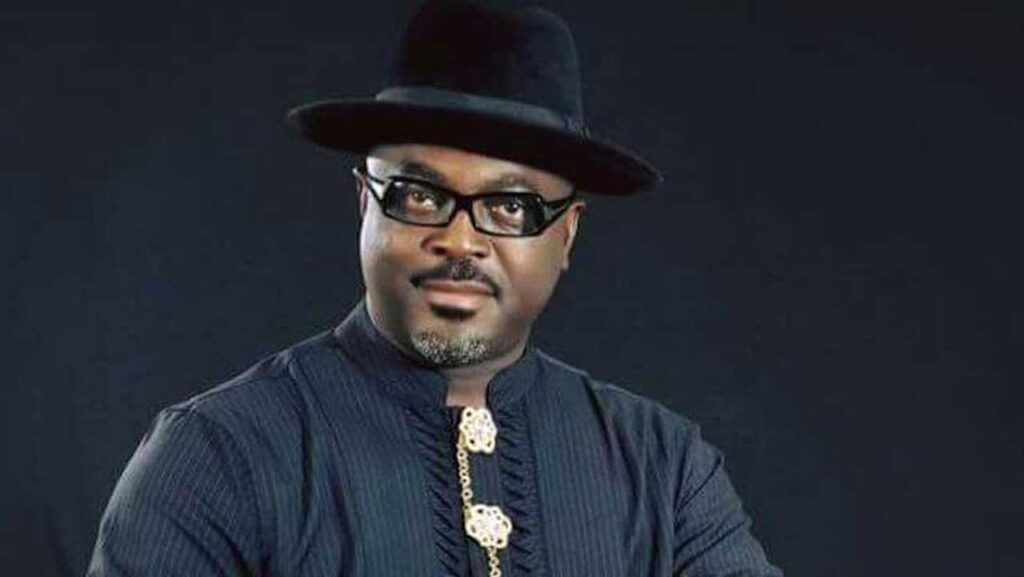
Eyitayo Olaleye is a Transportation Planner with the Naugatuck Valley Council of Governments, a Metropolitan Planning Organization in Waterbury, Connecticut, USA. He is an expert on electric mobility in underserved communities for which he has presented papers at conferences and published research in learned journals. He is also a registered Town Planner and an infrastructural finance expert, with degrees in Urban and Regional Planning, Business Administration and Education. In this interview with OPEYEMI BABALOLA, he speaks on myriad of issues regarding Electric Vehicles (EVs).
Can Nigeria sustain the EV industry?
Yes, Nigeria can sustain the EV industry. We once had doubts about the telecommunications industry. No one knew mobile telephony would get to the levels it did. Note that there are already people in the EV industry in Nigeria. Stallion Group is assembling Hyundai Kona cars in Nigeria. Their cars run for 482 km per full charge and can be charged in the house. There is Adoja (car) and Igwe (tricycle) brand of EVs being manufactured in Nigeria by Electric Motor Company.
I know Maxe makes electric bikes and there is a man called Mustapha Gajibo in Borno that not only converts internal combustion engine (ICE) vehicles to EVs but manufactures EVs himself. There’s another company called Savenheart Investment Limited that sells EV motorcycles and there is JET in Epe that supplies GIG Logistics. The government has also built EV charging stations in Lagos, Sokoto and Nsukka. I am impressed with what Mr. Jelani Aliyu and the Nigerian Automotive Design and Development Council are doing.
Some years ago, I recall that Senator Ben Murray-Bruce was promoting the adoption of electric cars. He was very passionate about it and even sponsored a bill on it in 2019, which unfortunately did not pass through. It was a golden opportunity lost. However, I hope this can be looked at again. As you can see, the EV industry is already upon us. Teslas are being driven in Nigeria. Now that Lagos is involved, I am optimistic that this evolution is moving on faster.
The battery-powered vehicles have been around since the 19th Century, why have many countries and states not fully embraced the innovation?
It is true that electric vehicles have been around since the 19th century, but you must note that the technology that survives is that which is most convenient and has a comparative advantage over others. Let me explain – both electric vehicles and internal combustion engine vehicles came around the same time and were competing for consumers’ attention. Each had its pros and cons.
However, the ability of Henry Ford to mass-produce his Ford Model T in 1908 spelt the temporary extinction of the electric car, which could not keep up with the Ford car in terms of cost. They were almost three times more than Henry Ford’s car; who would buy that? The opportunity to travel on cheap petrol all over America was also an incentive, unlike the short-range of the electric car because not everywhere in America had electricity at that time.
In the last 60 years, however, the tables have turned: international oil prices went up and petrol became scarce. Furthermore, the sixties saw a lot of attention being paid to the environment and the ills of carbon emission, so the search for cheaper and environmentally friendly alternatives led to resurgence of the electric car. Newer technologies helped innovate the present versions and that is what we are seeing now. I believe they have now come to stay.
There are fears of epileptic power supply and service support for the technology, can you tell us how these can be curbed?
It will surprise you to note that once you can charge your laptop, you will be able to recharge your car. In the United States, residences are fitted with vehicle-charging capabilities. In fact, generating sets can also recharge an EV. If you go to work and the generator is a large one that is on during the day, you can recharge your car while at work. The Hyundai Kona EV travels 482 km on a single charge. Ikorodu to Victoria Island is only about 40 km, either way.
That means at 80 km per day, you can afford to go to work and back from Monday through Friday and a party at the Civic Centre on Saturday.
As EV cars become more popular, the government should facilitate the rollout of charging stations across the country. There are over 130,000 charging stations in the U.S. However, in 2021, President Biden has signed a bill to fund the installation of another 500,000 by 2030. That is commitment.
You should also bear in mind that President Buhari signed into law a constitutional amendment that allowed states to generate, transmit and distribute electricity, something Lagos had tried to do some years’ ago. If Lagos gets it right and can generate, transmit and distribute their own electricity, they would have solved the problem we are worried about.
It is a big ‘if’, but with willpower, it is possible. For some years now, I have been trying to promote the establishment of an EV assembly plant in Osogbo, because of access to power supply. Nothing prevents another one from coming up in Aba or near Ajaokuta when completed. I look forward to seeing Oyo State, the pacesetter state, among others also follow this trend.
What will be the impact of EVs on the Lagos State transport system?
The introduction of electric buses in public transit is often the first step to overcome challenges and barriers to adoption of electric mobility. It may interest you to note that Lagos is the only city in Nigeria, among 40 other Nigerian organisations to sign up for the Race to Zero campaign, seeking to eliminate carbon emission across the world.
Introducing it in Lagos, a city with a population of 15 million, which is expected to grow to 28 million by 2050, is a smart thing to do. This will reduce carbon emissions drastically, as the transportation sector accounts for 28 per cent of all Greenhouse Gas Emissions (GHGs).
EVs have a promising future, can you tell us how this will genuinely reduce the transportation challenges Lagosians go through everyday?
I agree that EVs have a promising future, but EVs are not the sole solution to the transportation challenges in Lagos. Solving the transportation challenges in Lagos requires a multi-pronged approach.
An efficient transportation system is a must, and the Lagos Strategic Transport Master Plan has provisions for seven railway lines, one monorail, 14 BRT routes, 26 water routes, three cable cars and numerous road projects as well as infrastructure enhancements to aid active transport like walking and cycling. What EVs will do is reduce the air pollution from ICE vehicles in Lagos and reduce Vehicle Miles Travelled (VMT).
It is hoped that more people will take advantage of these mass transit facilities so as to reduce the burden on the road infrastructure by everyone driving. Something tells me that this shift is only a matter of time, especially if the subsidy is removed on petrol.
What will be the impact of this on the state’s revenue?
With increased investment into productive sectors of the economy, the multiplier effects will be enormous. Recall that the private sector is involved in this venture, and they are not investing to lose money. Imagine if more people patronised the government’s mass transit system and they were all electric buses. The plants will provide employment and new skill sets will be in high demand.
The prospect of cleaner, safer, efficient and cost-effective travel is very encouraging. It follows that when you provide solutions to a problem, often money is made in the process, as people are usually willing to pay for solutions to problems. In my opinion, if the ‘Centre of Excellence’ can provide efficient transportation services, though transportation is a social service, it will eventually spur economic growth in other areas and that is the way to go.













